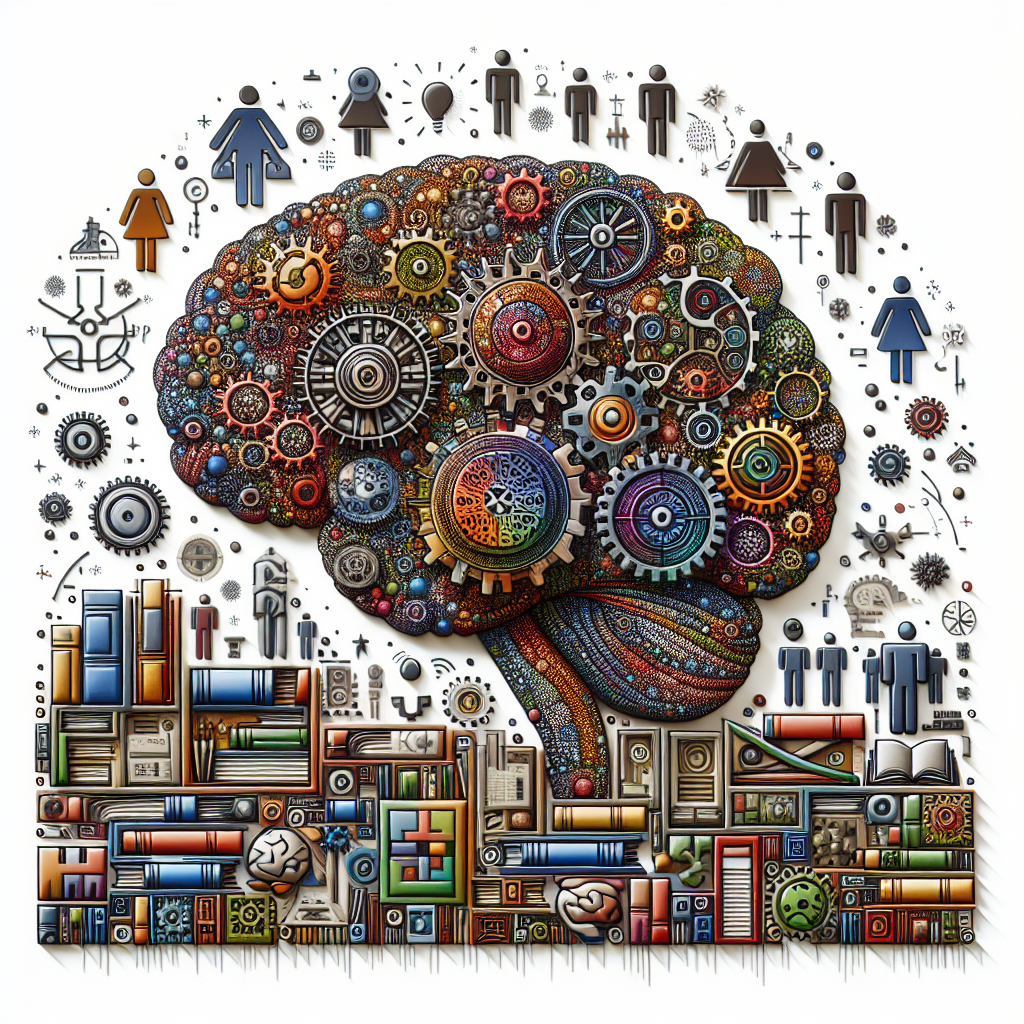Artificial General Intelligence (AGI) has the potential to revolutionize society and culture in ways that are both exciting and concerning. AGI refers to a form of artificial intelligence that is able to perform any intellectual task that a human can do. This includes tasks such as reasoning, problem-solving, and learning. As AGI continues to advance, it is important to consider the impact it will have on society and culture.
The Role of AGI in Shaping Society
AGI has the potential to greatly impact society in numerous ways. One of the most significant ways in which AGI could shape society is through the automation of jobs. As AGI becomes more advanced, it has the potential to replace many human workers in various industries. This could lead to widespread job loss and economic disruption. However, AGI could also create new jobs and industries, leading to economic growth and innovation.
AGI could also have a significant impact on healthcare. With the ability to process vast amounts of data and perform complex calculations, AGI could revolutionize the way we diagnose and treat medical conditions. AGI could also be used to develop new drugs and treatments, leading to improved outcomes for patients.
In addition to healthcare, AGI could also revolutionize transportation. Self-driving cars powered by AGI could reduce accidents and traffic congestion, leading to safer and more efficient transportation systems. AGI could also be used to optimize transportation routes and schedules, leading to reduced emissions and fuel consumption.
AGI could also have a significant impact on education. With the ability to personalize learning experiences for students, AGI could revolutionize the way we teach and learn. AGI could also be used to develop new educational tools and resources, leading to improved outcomes for students.
The Role of AGI in Shaping Culture
AGI could also have a profound impact on culture. As AGI becomes more advanced, it has the potential to create new forms of art, music, and literature. AGI could also be used to analyze and interpret cultural trends, leading to new insights and perspectives on society.
AGI could also impact the way we communicate and interact with each other. With the ability to process natural language and understand context, AGI could revolutionize the way we communicate online and in person. AGI could also be used to develop new forms of social media and entertainment, leading to new ways of connecting with others.
AGI could also impact the way we consume information and news. With the ability to process vast amounts of data and analyze complex patterns, AGI could revolutionize the way we access and interpret information. AGI could also be used to develop new algorithms and tools for filtering and analyzing information, leading to more informed decision-making.
FAQs about AGI
1. What is the difference between AGI and artificial intelligence (AI)?
AGI refers to a form of artificial intelligence that is able to perform any intellectual task that a human can do. AI, on the other hand, refers to a more specialized form of artificial intelligence that is designed to perform specific tasks, such as image recognition or natural language processing.
2. How close are we to achieving AGI?
While significant progress has been made in the field of artificial intelligence, achieving AGI is still a long way off. Researchers are still working to develop algorithms and technologies that can replicate the full range of human cognitive abilities.
3. What are the ethical implications of AGI?
AGI raises a number of ethical questions, including concerns about job displacement, privacy, and bias. It is important for researchers and policymakers to consider these ethical implications as AGI continues to advance.
4. How can we ensure that AGI is developed responsibly?
To ensure that AGI is developed responsibly, researchers and policymakers must work together to establish guidelines and regulations for the development and deployment of AGI. This may include developing ethical frameworks, conducting impact assessments, and engaging with stakeholders.
In conclusion, AGI has the potential to revolutionize society and culture in ways that are both exciting and concerning. As AGI continues to advance, it is important for researchers, policymakers, and the public to consider the impact it will have on various aspects of society and culture. By addressing the ethical implications of AGI and working together to develop responsible guidelines and regulations, we can ensure that AGI is developed in a way that benefits society as a whole.

